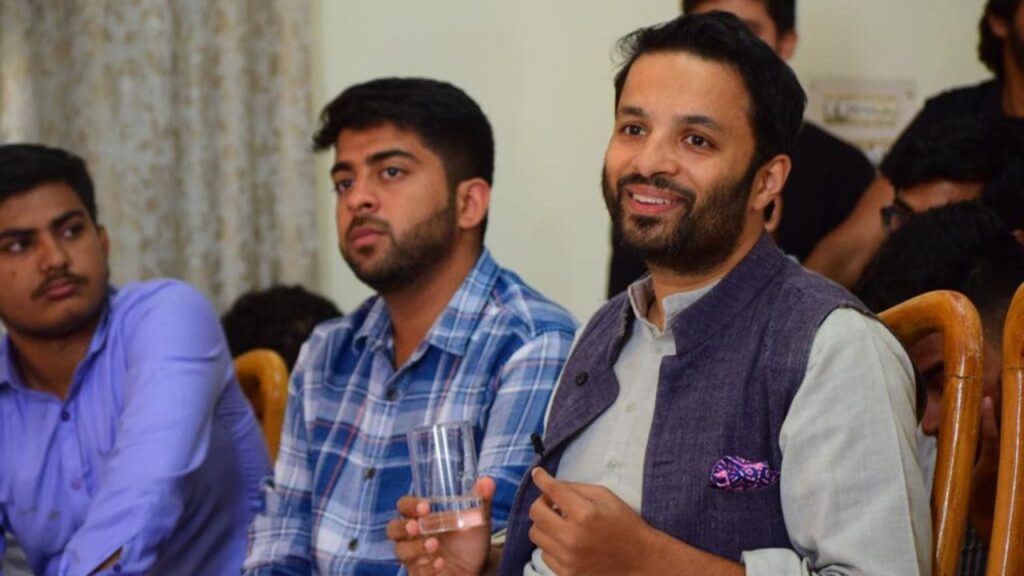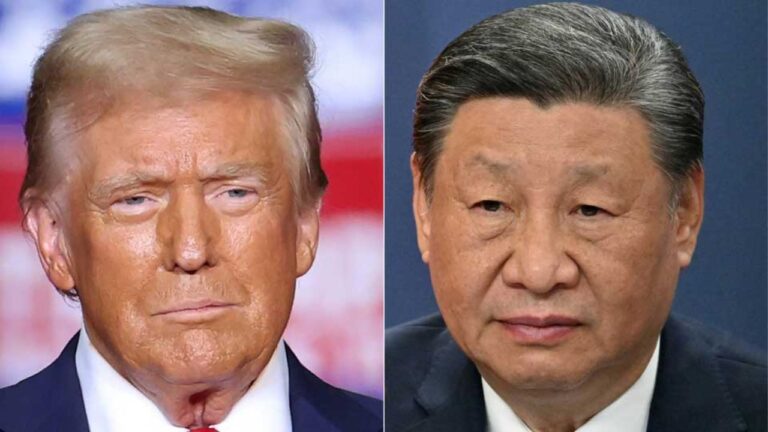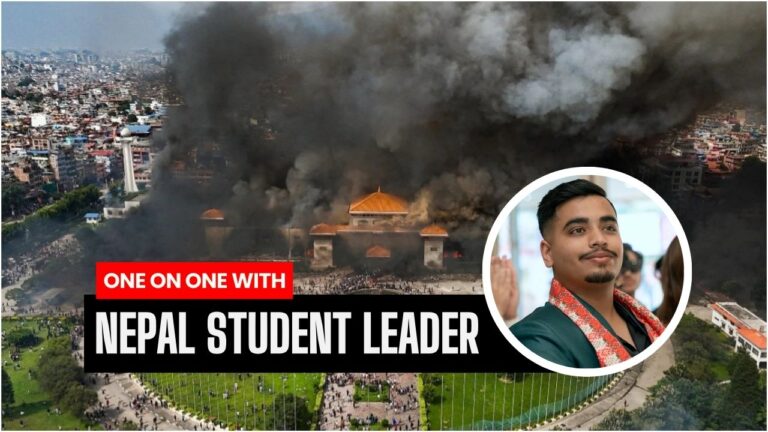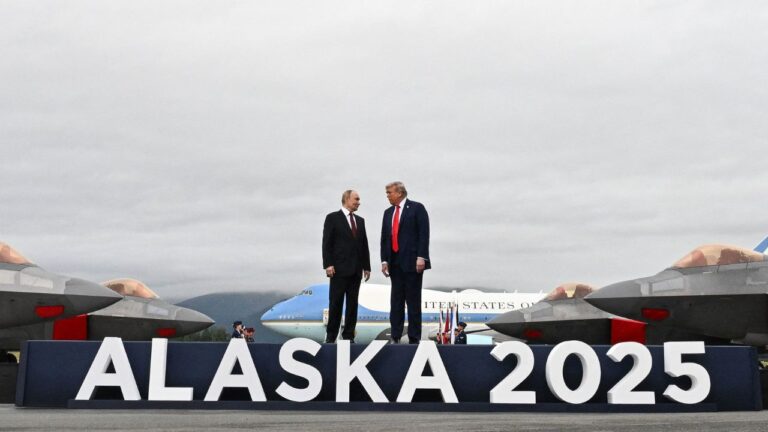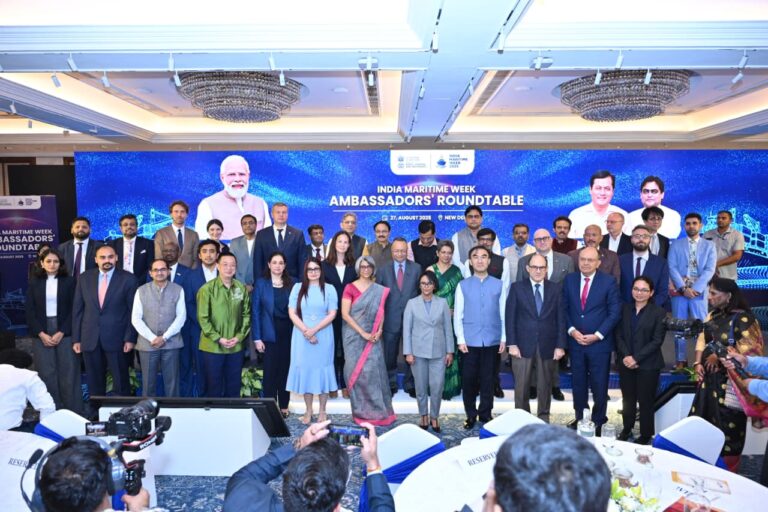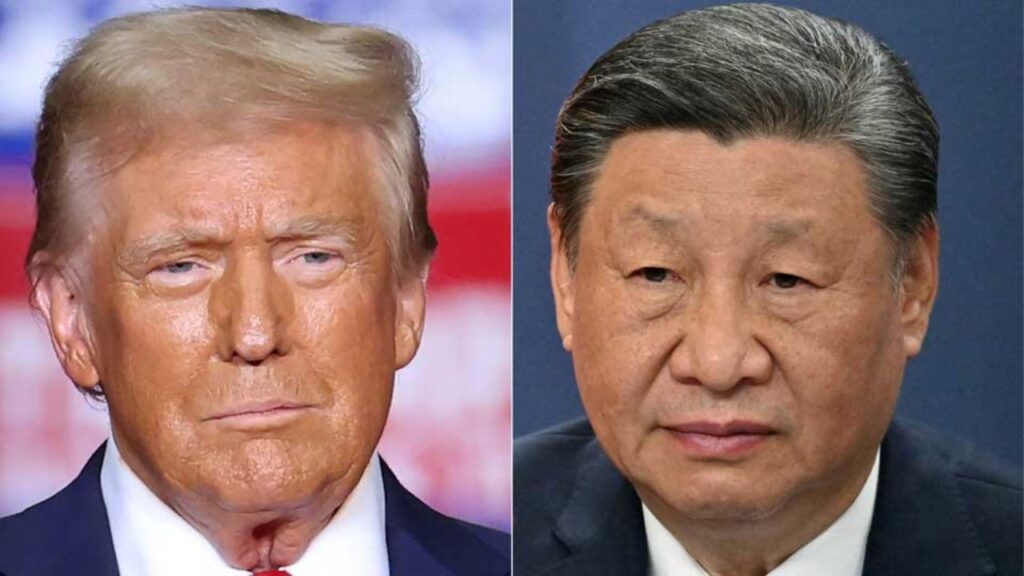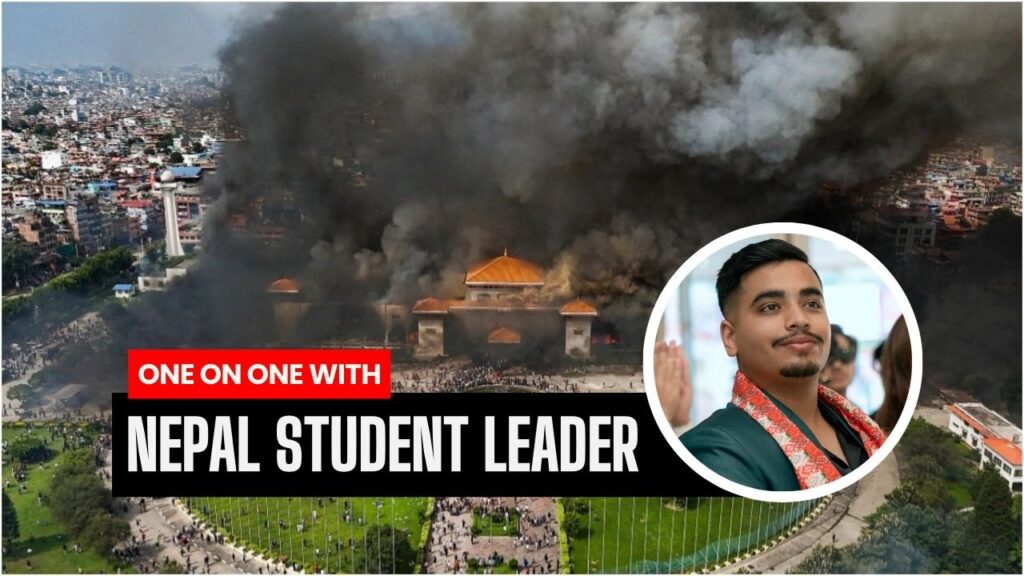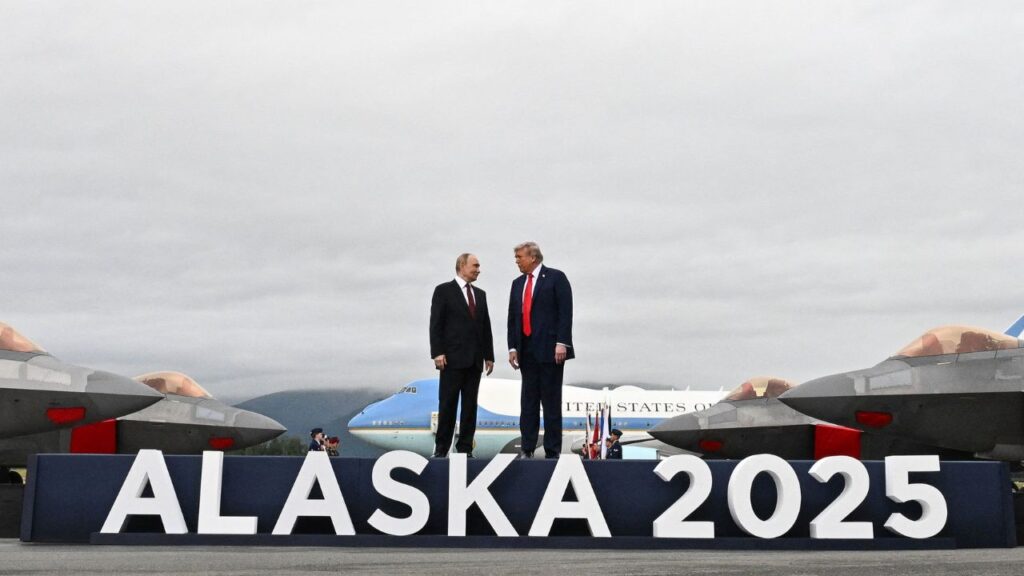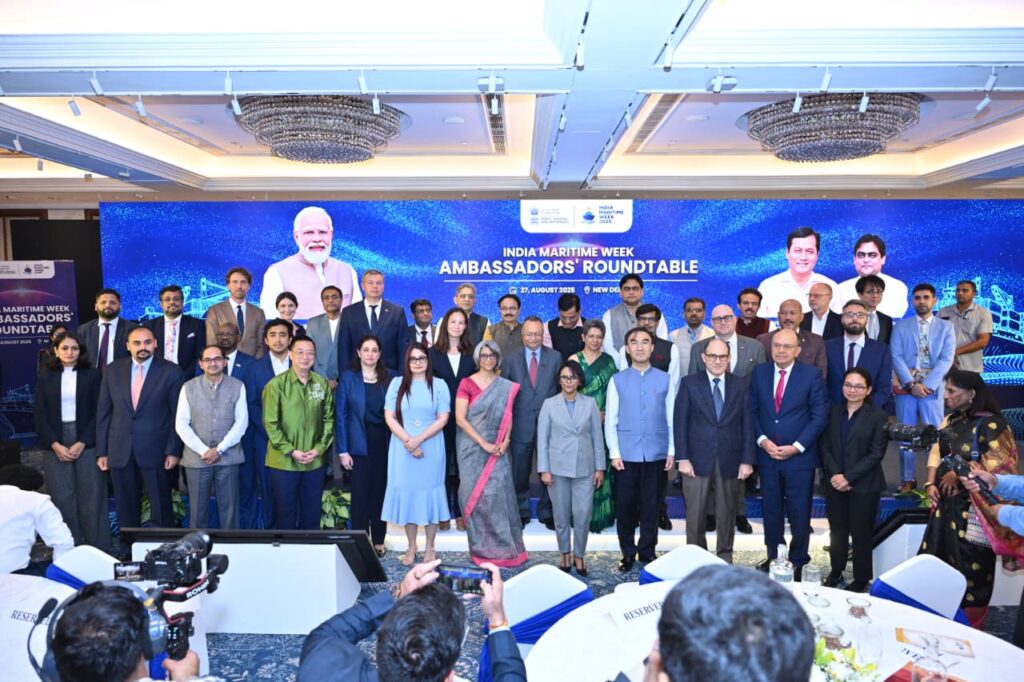There was a time when Indian universities, including Delhi University, Allahabad University, and others, buzzed with ideological contestation. Faculty members freely criticized the ruling party, including the Indian National Congress, and academic freedom was not just tolerated but encouraged.
But the past decade has seen a chilling transformation. Many in academia have voiced concerns over increasing ideological control with the Bharatiya Janata Party’s ascent to political dominance. Once-vibrant campuses are now reporting greater administrative interference, suppression of dissent, and an erosion of the university’s role as a space for free thought.
This suppression has not been evenly distributed. While central universities seem more constrained, private institutions like Ashoka University and semi-autonomous ones such as the Tata Institute of Social Sciences (TISS) have occasionally become platforms for resistance, though at a cost. The arrest of Ashoka professor Ali Khan Mahmudabad over social media posts critical of the government’s war rhetoric, or the suspension of a TISS student activist for questioning state narratives, reflect the growing risks of political expression within higher education.
Even institutions far from the media spotlight haven’t been spared. In 2021, the Central University of Kerala suspended Professor Gilbert Sebastian after he described the BJP and RSS as “proto-fascist.” Though public outrage eventually led to his reinstatement, the episode underscores the fragile state of academic speech.
India’s universities were once democratic crucibles, open to challenging power regardless of who held it. Today, many feel those spaces are narrowing, particularly under the BJP-led regime. As ideological vetting creeps into classrooms and critical voices are muffled, the mission of the university, as a place of independent thought and democratic dialogue, stands imperiled.
If this trend continues unchecked, it is not just academic freedom at stake, but the intellectual vitality of the nation itself.
Kumar Nagarjun is a student at Delhi University’s Zakir Husain Delhi College.
Disclaimer: The views and opinions expressed in this piece are those of the author and do not necessarily reflect the views of the editorial board or the organization.

